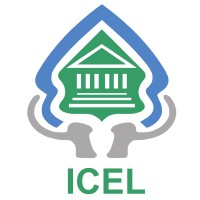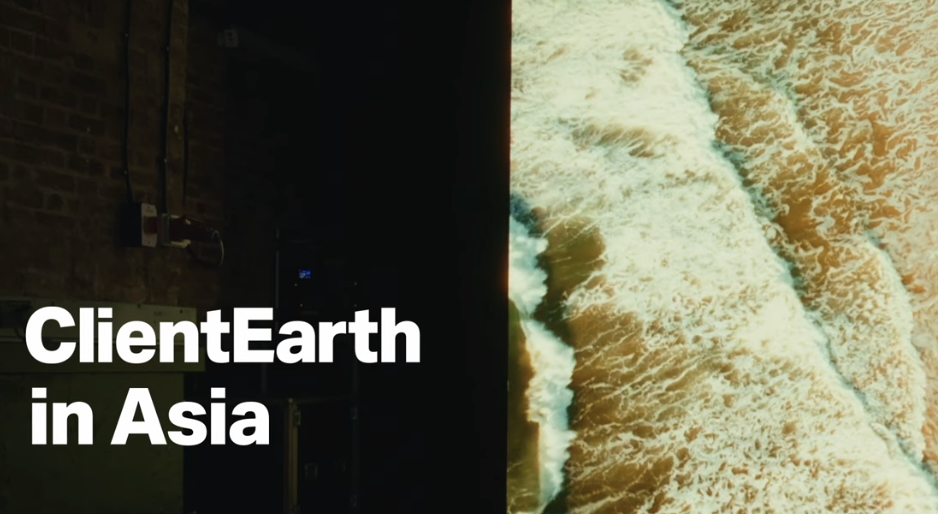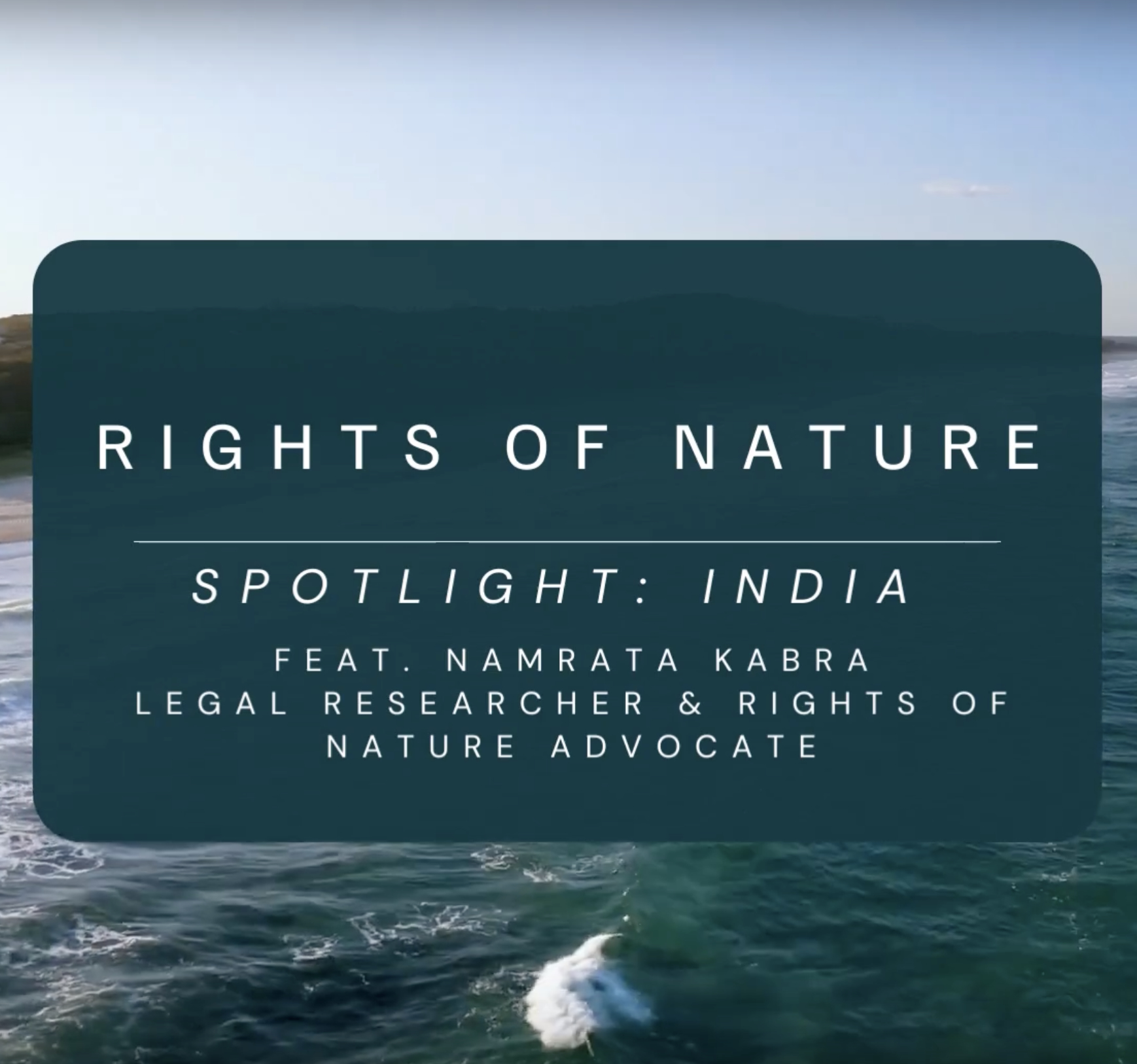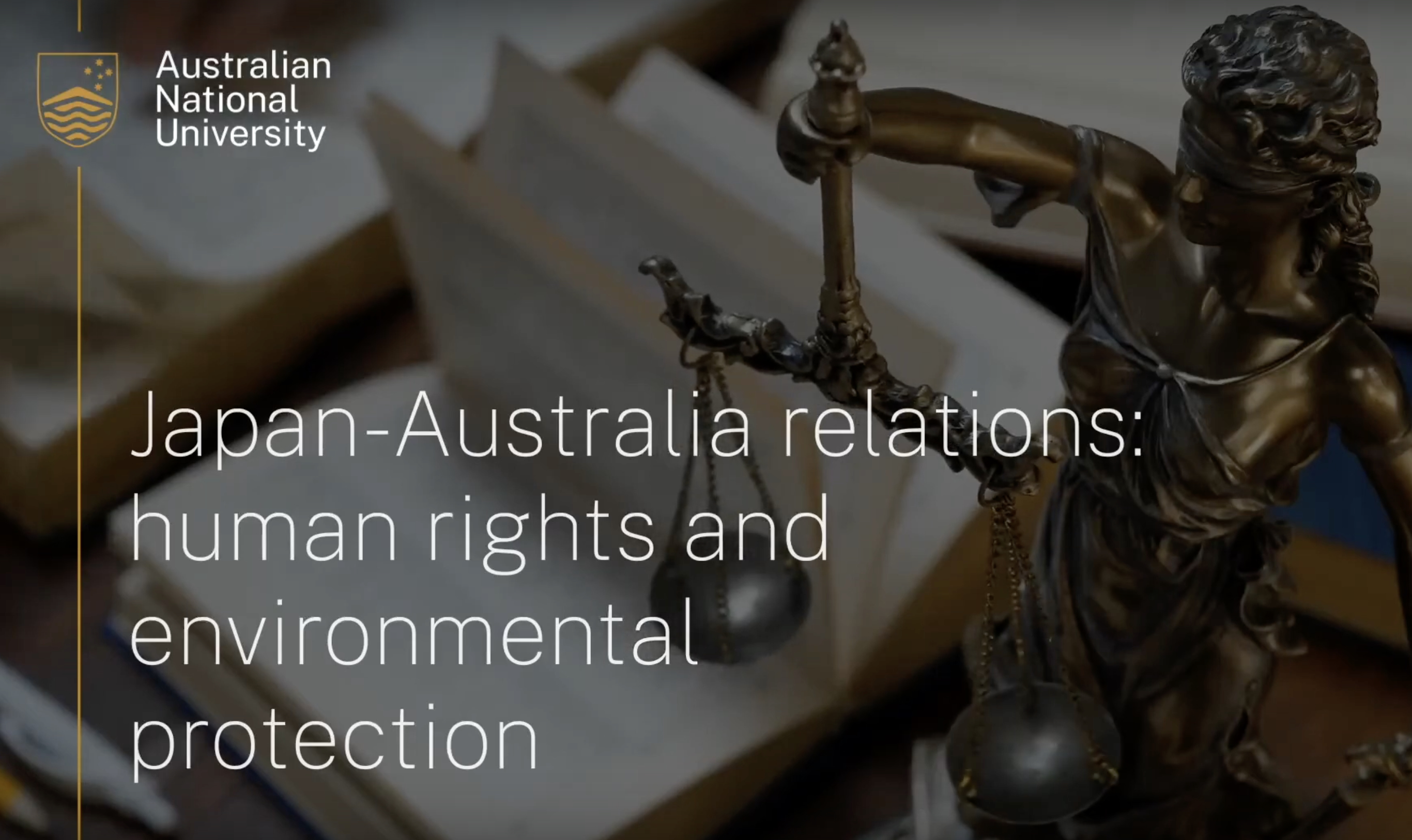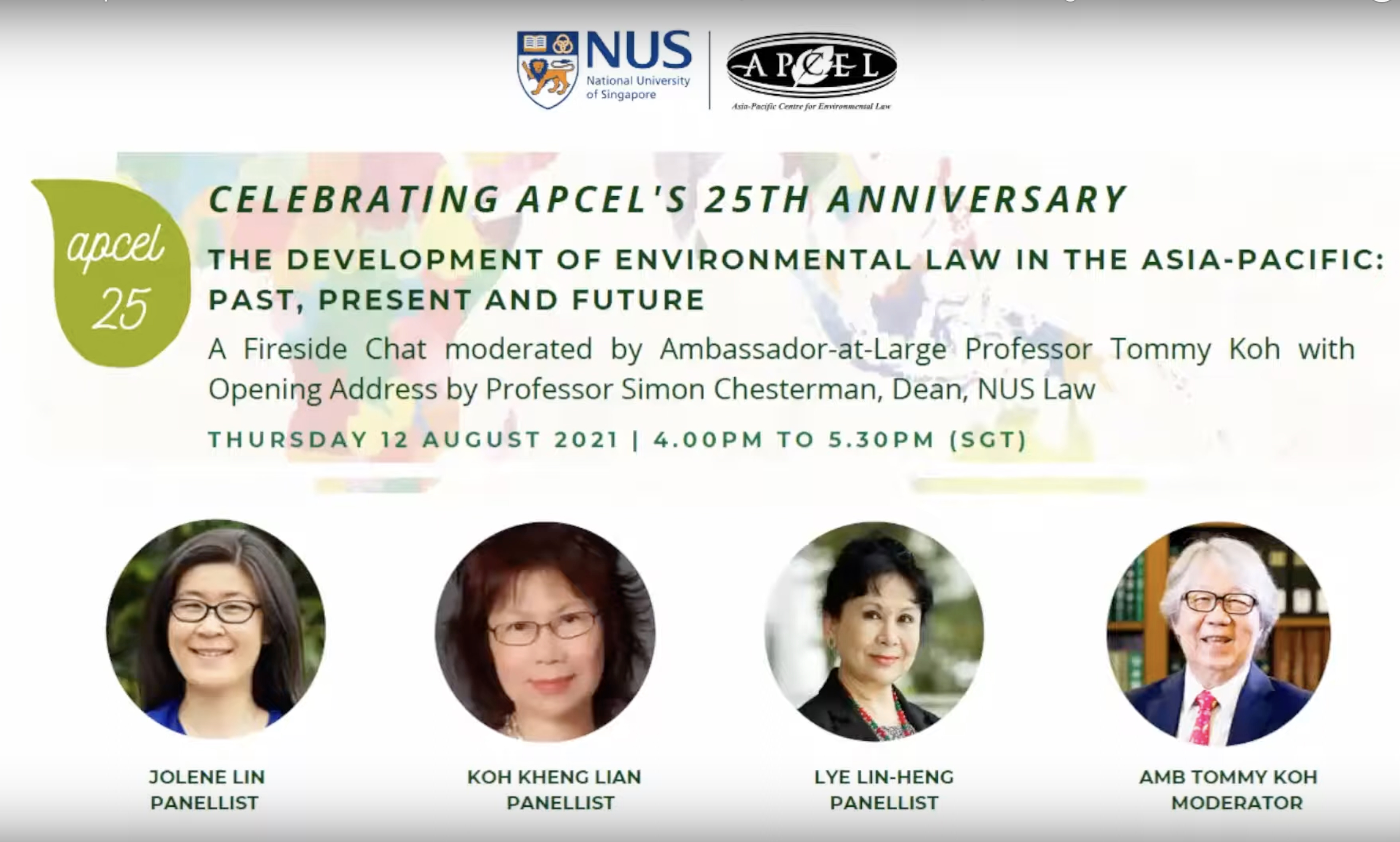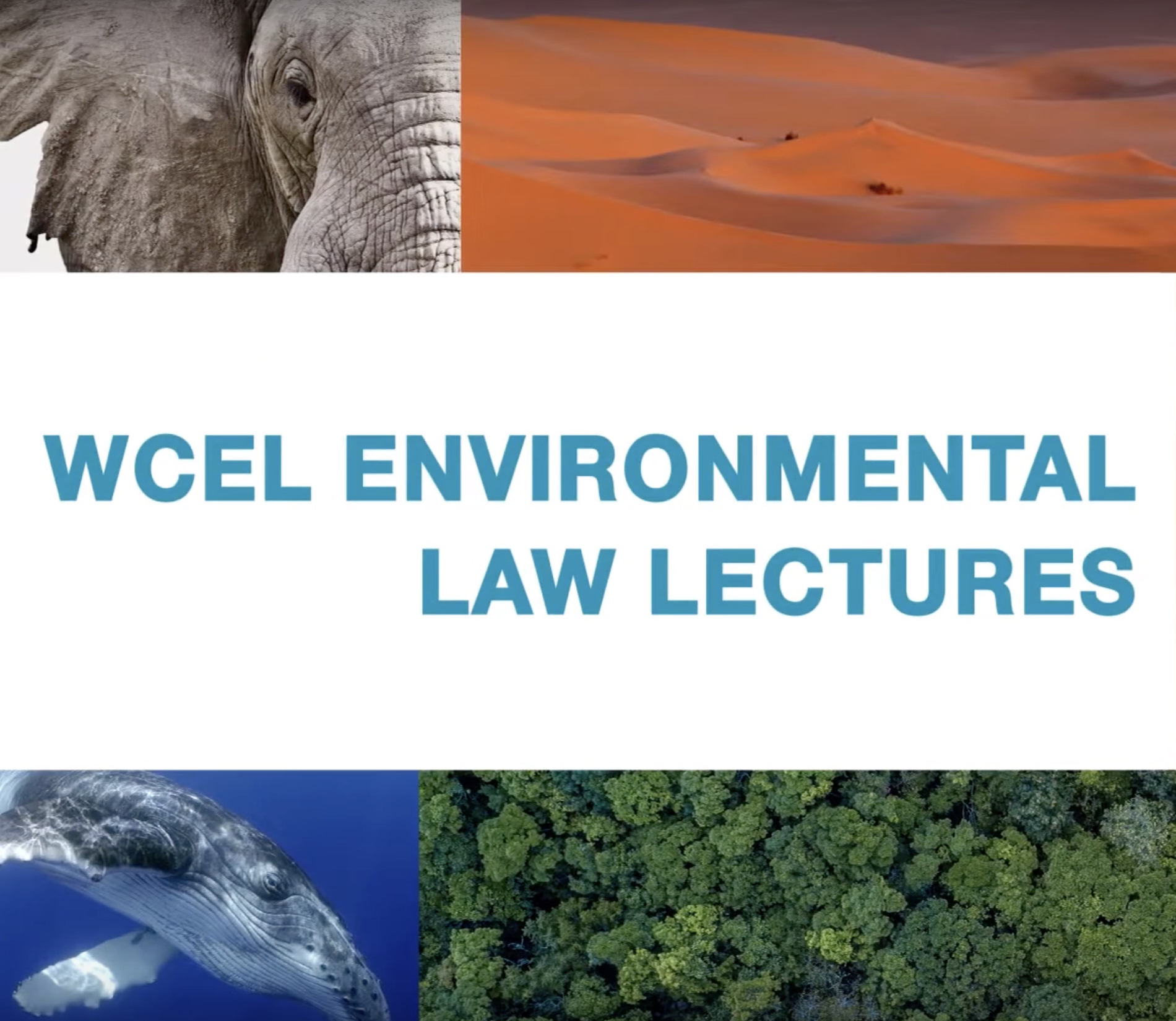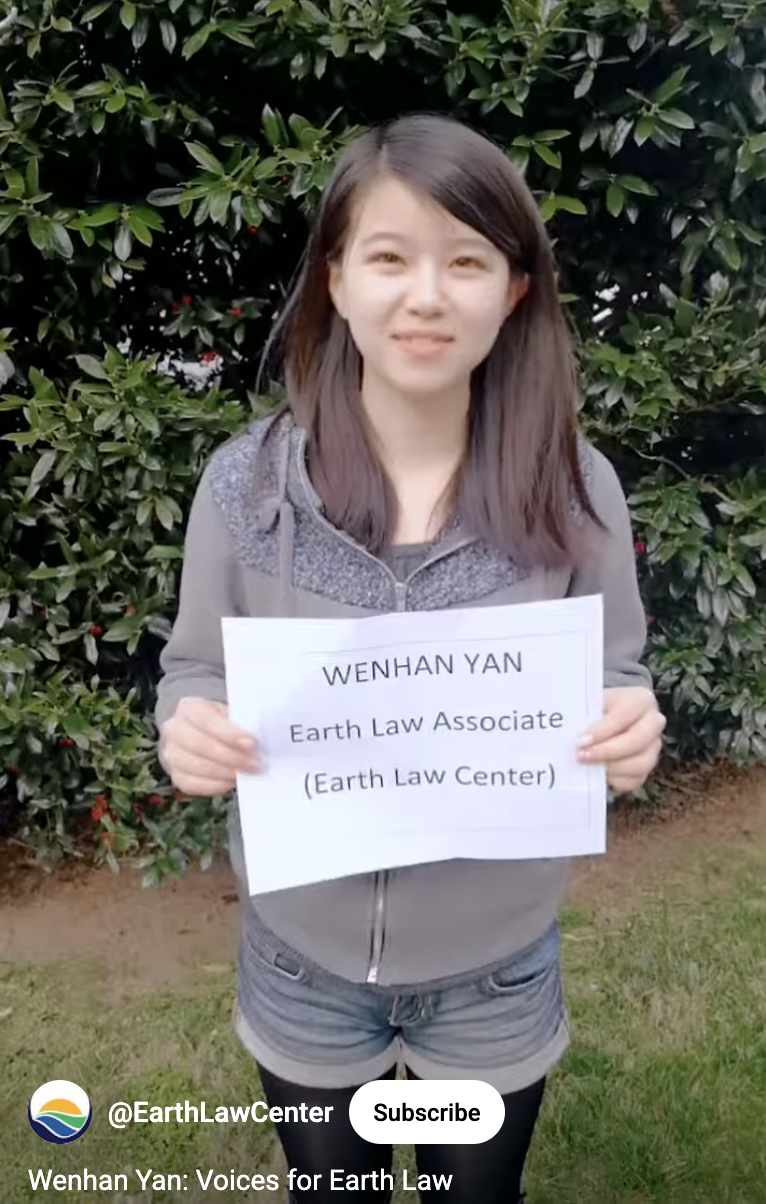Asia: Multimedia
Further resources, if available, can be found in our full bibliography.
Asia Pacific Judicial Training on Environment and Climate Law Adjudication 2023
This video outlines Indonesia’s pioneering environmental judge certification system, developed through a 20-year collaboration between the Indonesian Center for Environmental Law (ICEL) and the Supreme Court. Since 2012, over 3,000 judges have received specialized training in environmental law, including topics like climate change litigation, human rights, and biodiversity. Ongoing evaluations ensure the program evolves with global legal trends. The initiative strengthens Indonesia’s judiciary, promotes environmental justice, and serves as a model for international collaboration and legal capacity-building.
ClientEarth in Asia
ClientEarth focuses its legal and environmental expertise across Asia, working in countries such as Japan, China, Indonesia, Cambodia, the Philippines, and Singapore. The organization partners with governments, regulators, and corporations to strengthen environmental laws, guide sustainable investment, and embed climate accountability into business governance. Through legal training and cross-sector collaboration, ClientEarth supports Asia’s transition to clean energy and more resilient, equitable environmental systems.
Rights of Nature in India
Namrata Kabra, a legal researcher specializing in environmental and climate change with deep expertise in India and South Asia, explores how the Rights of Nature movement in India bridges judicial activism and traditional ecological knowledge. She highlights how State High Courts have granted legal personhood to rivers, glaciers, and ecosystems, though key rulings have faced reversals by the Supreme Court due to enforcement and jurisdictional complexities. At the same time, Indigenous communities, especially Adivasis, continue to protect biodiverse Sacred Groves under national conservation laws. Kabra argues that advancing Nature’s rights in India requires both legal recognition of Nature’s intrinsic value and the empowerment of local guardians.
Future Design
Professor Tatsuyoshi Saijo, the creator of Future Design in Japan, teaches the benefits of future-thinking governance through a model that prioritizes the happiness and well-being of future generations. Future Design encourages individuals and institutions to sacrifice short-term benefits for long-term sustainability by imagining decisions from the vantage point of the future. Drawing on tools like forecasting, backcasting, and creative visioning, the framework helps align present choices with intergenerational equity. Rooted in ethics and innovation, it offers a powerful approach to designing social systems that serve not only the current population but also those yet to come.
Japan-Australia relations: human rights and environmental protection
This recorded panel from ANU’s Law Reform and Social Justice program examines the Australia–Japan Reciprocal Access Agreement, with a focus on environmental protection, maritime law, and the death penalty. Students identify major gaps in how environmental laws apply to visiting military forces, raising concerns about vague treaty language, weak enforcement, and regulatory inconsistencies. Their research underscores the need for stronger legal safeguards and shows how academic engagement can inform treaty reviews and support more accountable, sustainable international agreements.
China Writes New Chapter of Harmonious Coexistence Between Human, Nature
China has made major progress in ecological conservation by promoting harmony between people and nature. A short video complements this view by emphasizing nature-based restoration rooted in respect and protection of ecosystems. Rather than artificial methods, the message calls for aligning with natural processes and fostering sustainable stewardship. Though brief, the video reinforces ethical, accessible, and universally applicable environmental principles.
The Development of Environmental Law in the Asia-Pacific: Past, Present and Future
This fireside chat, chaired by Professor Tommy Koh on 12 August 2021, reflects on the 25-year journey of the Asia Pacific Centre for Environmental Law (APCEL) at the National University of Singapore. Founding and current directors discuss APCEL’s origins, its role in regional capacity building, and its ongoing influence in shaping environmental law and education. The panel explores key developments in international environmental law, the rise of climate litigation, gaps in governance, and the urgent need for legal tools to meet today’s environmental challenges.
Environmental Law in India – WCEL Environmental Law Lectures
This video offers a comprehensive look at India’s environmental legal framework and highlights the role of the National Green Tribunal (NGT) in delivering timely, expert-led environmental justice. Rooted in both constitutional mandates and cultural reverence for nature, India’s approach blends ancient ecological values with modern legal tools. The NGT enforces key principles, such as sustainable development, polluter pays, and precaution, while also adjudicating complex cases and promoting broad stakeholder participation. Its science-informed structure and strict liability standards enable effective regulation, which makes it a model for environmentally responsible governance.
Photo Credit: Waterfall outside Seoul, South Korea; Saksham Vikram/Pexels
